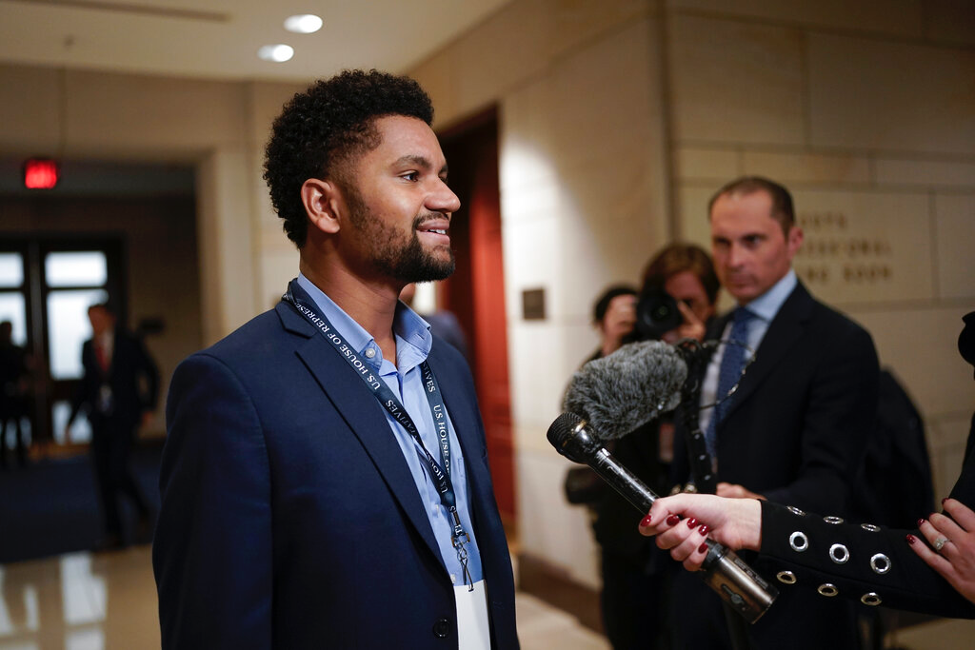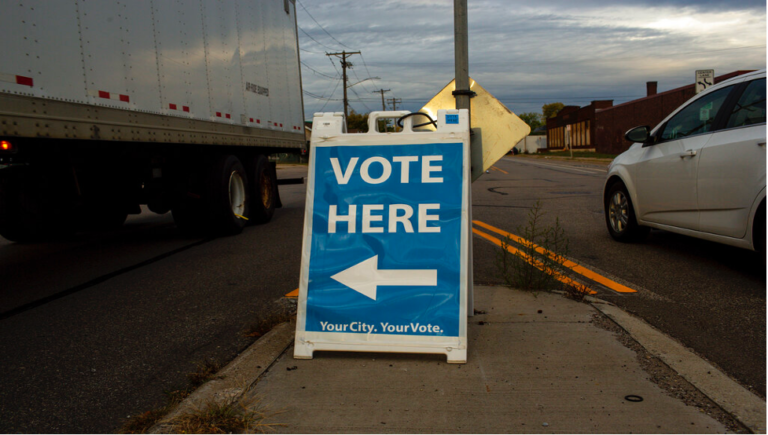
Despite improvements in recent years, the average Congressperson remains vastly different from the average American. In fact, the current Congress is the oldest Congress in history. The average age of members at the beginning of the 117th Congress was 58.4 years for the House and 64.3 years for the Senate. In contrast, half of the country is 38 or younger.
An aging leadership is nothing new. President Biden became the first president to turn 80 in office last month. Speaker Pelosi is 82 and Senate Majority Leader Schumer is 72. But it’s the sharp disparity in average age that is concerning.
With the recent 2022 midterm elections, the first members of Generation Z became eligible to run for Congress. 25-year-old Maxwell Alejandro Frost will be the first Gen Z member of Congress, representing Florida’s 10th congressional district. Much of his campaign focused on issues especially important to Gen Z, including climate change, gun violence and abortion rights. Since his victory, he’s gained media attention as the first Gen Z congressman, as well as the notice of traditional party leadership, with personal congratulations given by the President. Frost has already been sent to campaign in Georgia for the upcoming Senate runoff election between Raphael Warnock and Herschel Walker.
Frost’s victory and the Democratic defeat of a supposed “red wave” this past election presents important lessons for our generation going forward. First, is the importance of political participation. Voting remains the best and most direct mechanism to achieve representation in Washington. Youth turnout in the most recent election was higher than usual— the second highest in 30 years. However, a low percentage of Gen Z turned out in comparison to the rest of the electorate — only 27% of those aged 18-29 voted. And yet, even with this small percentage, the youth vote was still crucial in deciding the outcomes of multiple races. According to Harry Enten, an analyst at CNN, “Democrats would have gotten crushed without young voter support. Democratic House candidates won voters under the age of 45 by 13 points, while losing voters age 45 and older by 10 points.”
Another critical lesson is the importance of addressing issues that concern the youth. Frost began his political life as a gun-control activist following the Newtown school shooting, working with the advocacy group March for Our Lives. This focus matches with the issues concerning Gen Z: polling among Gen Z reveals gun violence to be a top issue for many.
The election of a Gen Z member of Congress is not the only significant signal of transition. Speaker Pelosi is turning over the reins to a new generation of leaders, including 52-year-old Hakeem Jeffries. To be sure, the transition will not be an instantaneous one. But as Gen Z gains salience, members of Congress will be forced to address the issues important to them. This particularly is the case when young people get out to vote. We have the power to decide elections; it’s time we use it.



